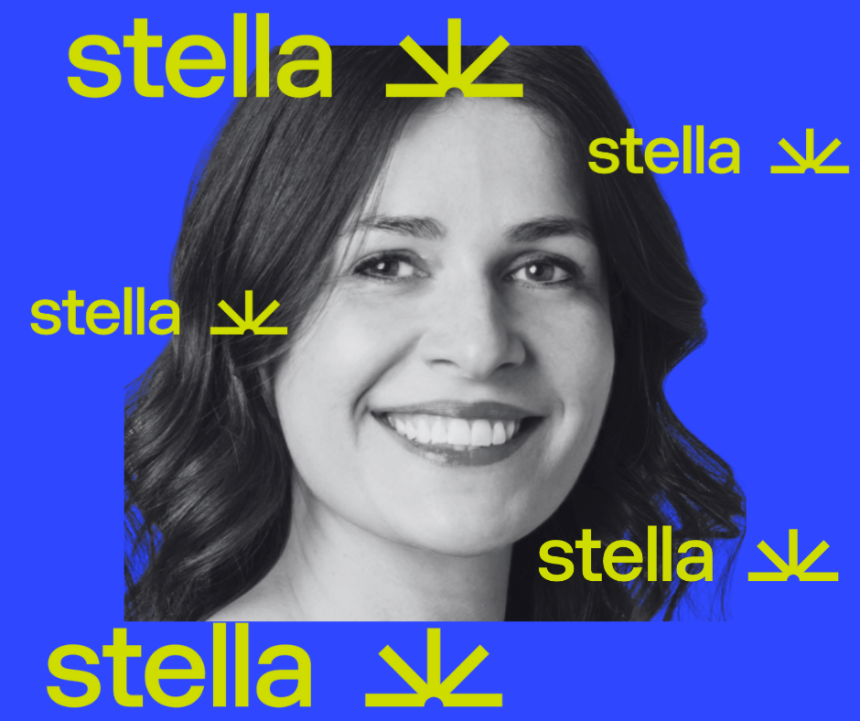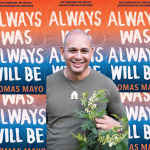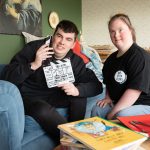Founded in 2012 Stella is the major voice for gender equity and cultural change in Australian literature, and the organisation’s flagship program is the annual Stella Prize – a major literary award celebrating Australian women’s writing.
Thirteen years in, and the Stella Prize is still doing what it set out to do—shake up the Australian literary landscape. But this year? This year is historic. For the first time in Stella’s story, the shortlist is composed entirely of women of colour. In a prize that has long been celebrated for amplifying voices on the margins, this moment is seismic.
Chair of Judges Astrid Edwards describes this year’s selection as “consequential for Australian literary history,” adding that each shortlisted work is “riveting” and marked by “integrity, compassion and fearlessness.”
After a rigorous judging process that saw over 180 submissions, Astrid Edwards, along with the other judges Debra Dank, Leah Jing McIntosh, Yassmin Abdel–Magied, and Rick Morton, have chosen six outstanding works, three non–fiction and three fiction, to make the cut.

The 2025 Stella Prize Shortlist is:
- Black Convicts by Santilla Chingaipe (non-fiction)
- Black Witness by Amy McQuire (non-fiction)
- Cactus Pear For My Beloved by Samah Sabawi (non-fiction)
- The Burrow by Melanie Cheng (fiction)
- Theory & Practice by Michelle de Kretser (fiction)
- Translations by Jumaana Abdu (fiction)
Each shortlisted author receives $4,000 in prize money. The overall winner, who will receive $60,000, will be announced May 23rd at the Sydney Writers’ Festival, and for the first time ever, the public is invited to attend.
We sat down with Astrid Edwards to talk craft, TikTok, and the joy of seeing poetry change someone’s life.
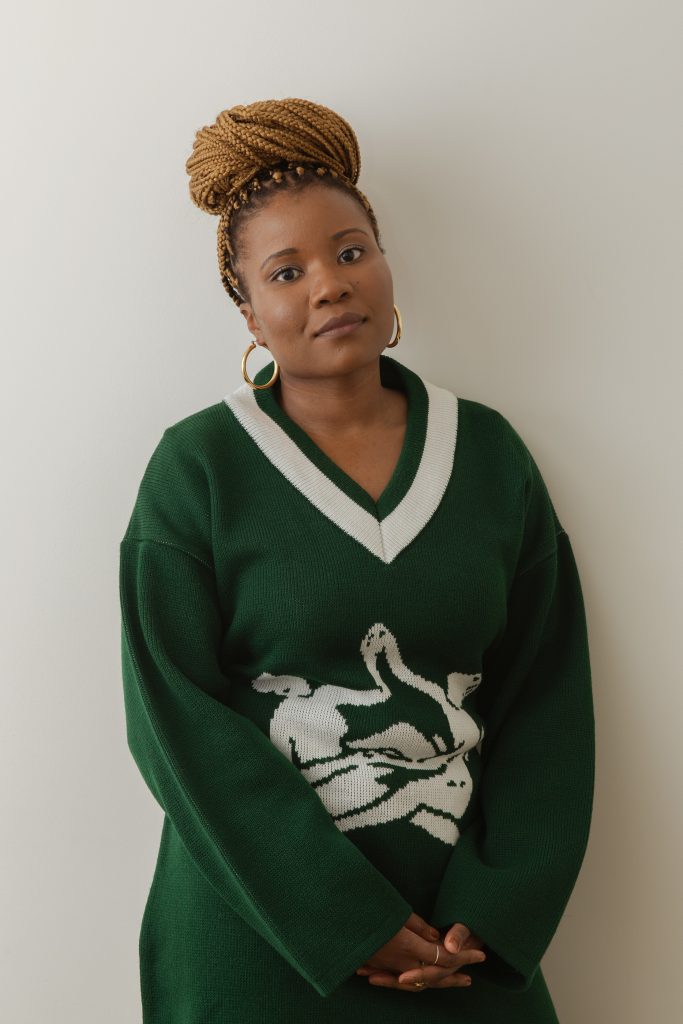
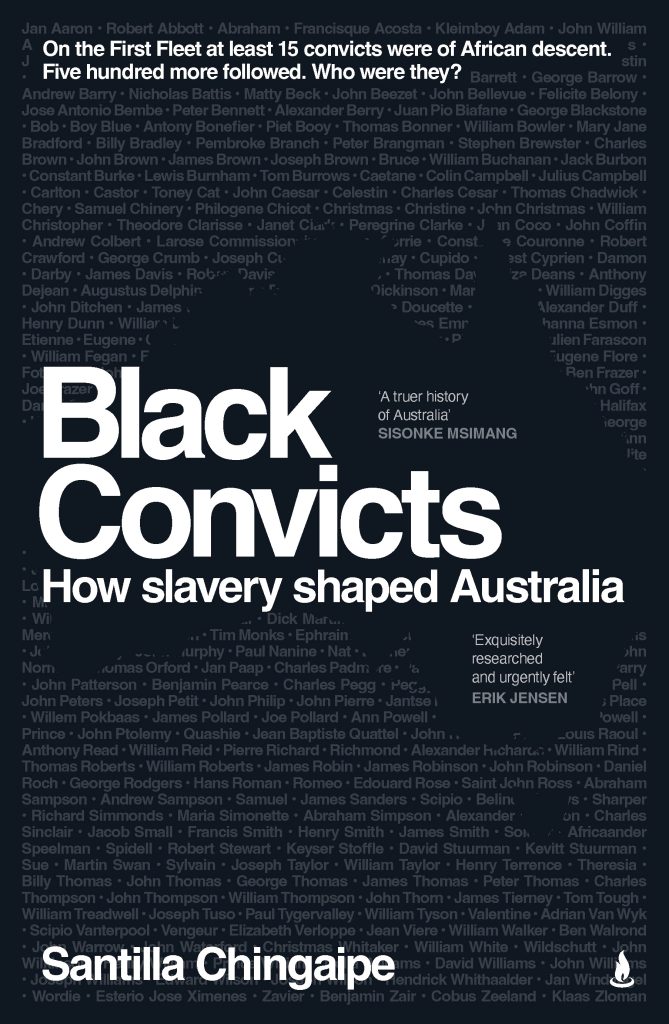
First things first—how did you find your way into the Stella judging chair?
Astrid Edwards: I think I probably should have been working in the literary world my whole life, honestly. I was that kid who read during school holidays while everyone else was at the beach. I now work at Future Women by day, and I love my job but if I could get a full-time paid job to read, honestly, that would be what I would be doing right now.
Are there writers or books that really shaped your reading life?
I read everything. Literary fiction, non-fiction, trending TikTok titles, classics, memoirs. Last year I read 180 books; I usually average around 150. That breadth helps, because as a judge, your job isn’t just about taste. It’s about recognising when something genuinely innovates within its form.

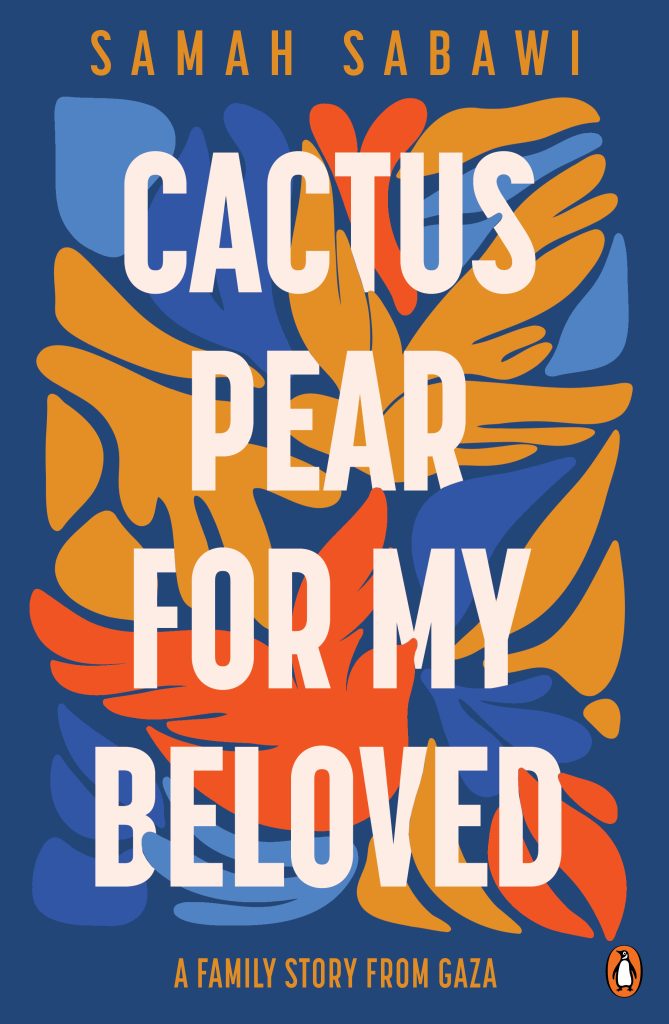
Are there particular trends or themes you noticed across the submissions?
Interestingly, this year’s submissions were so broad. Especially in the non-fiction—we saw everything from rigorous archival work to poetic memoirs. The range was huge. And that’s what makes the Stella unique. It’s not a fiction prize or a history prize—it’s about literary excellence in whatever form it takes.
Let’s talk shortlist—three fiction, three non-fiction. Any patterns?
Not in terms of form or theme—they’re incredibly diverse. But what’s remarkable is that it’s the first time the shortlist is made up entirely of women of colour. That wasn’t something we planned; it’s just what excellence looked like this year.
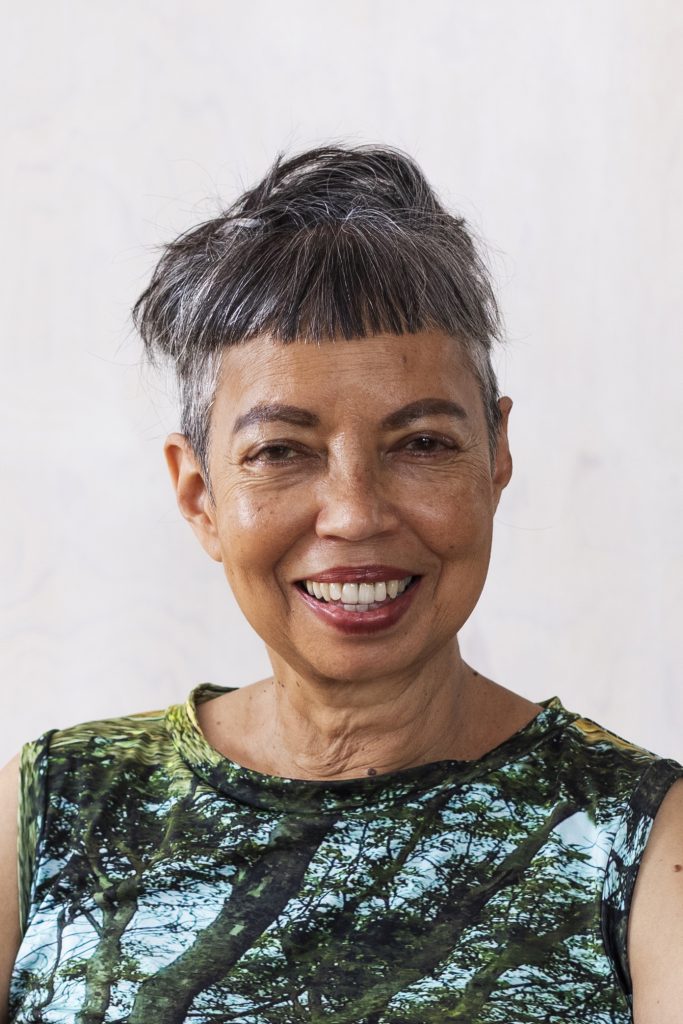
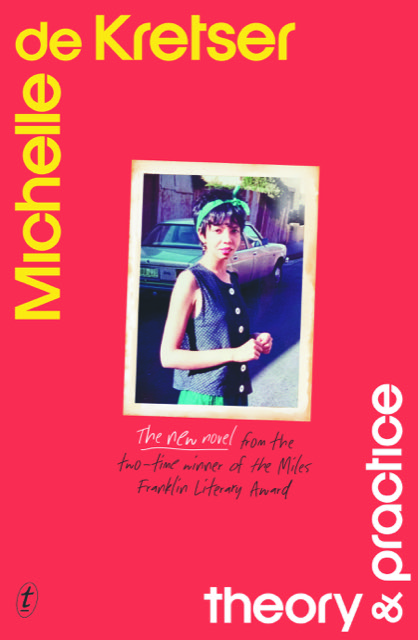
Have there been standout stories over the years where you’ve seen the prize change a writer’s life?
Evelyn Araluen’s win two years ago for Dropbear comes to mind. First time a poetry collection won. Evelyn’s in her late 20s, and that book changed her life. She said she could finally afford to go to the dentist—that’s how real the financial impact of the Stella can be. But beyond money, it’s about reach. It’s about selling more books, getting another publishing deal, maybe making it into a school curriculum.
Which brings us to the idea of the prize shaping the industry. How do you see that playing out?
Literary prizes work slowly. Their impact is long-term. Think decades, not years. But the Stella is already rewriting what “Australian literature” looks like—and who gets to write it. It’s becoming part of the ecosystem—books that get shortlisted here end up studied, sold internationally, and adapted into other formats.
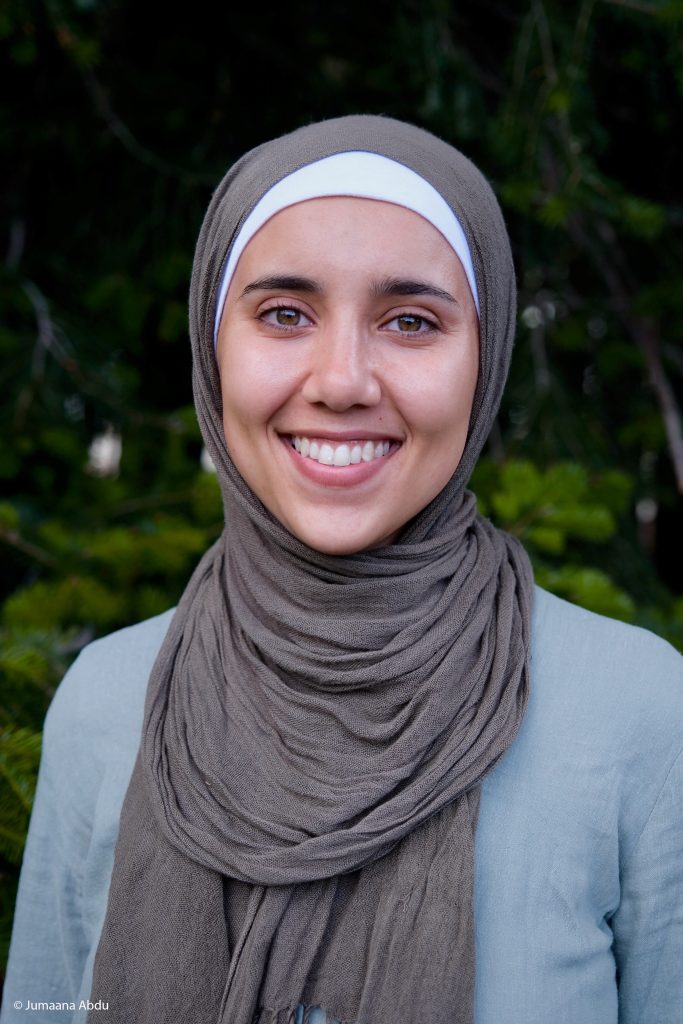
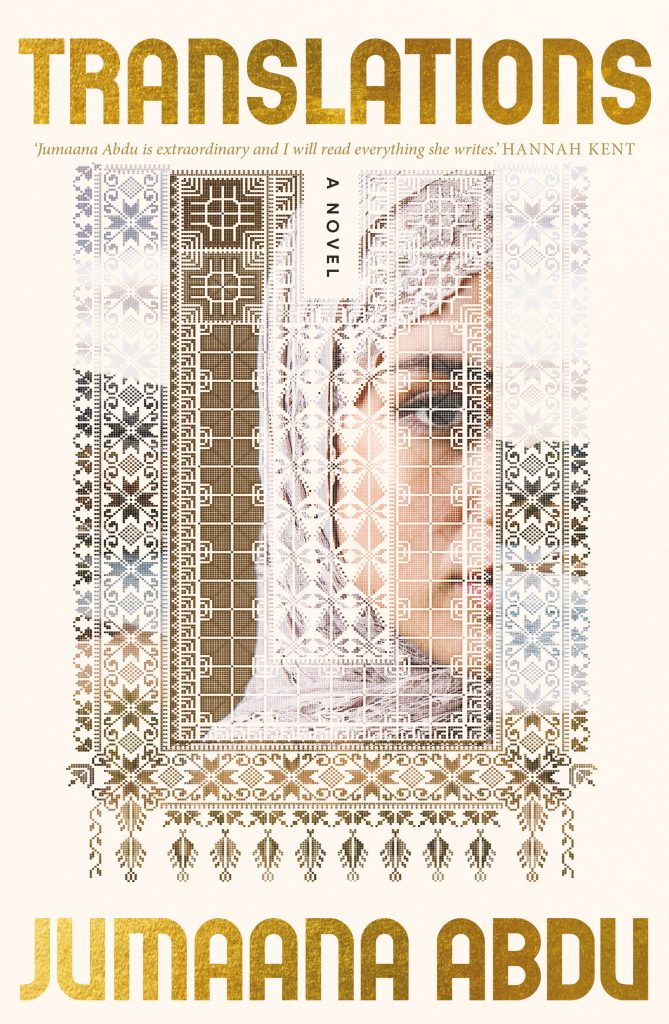
Speaking of formats—what about film or streaming potential?
There’s an exciting project between the University of Melbourne and the Stella Prize right now, working to get Alexis Wright’s work into classrooms. She’s won twice—once for fiction, once for non-fiction—and is arguably Australia’s most significant First Nations writer. It’s slow work, but it’s how meaningful change happens.
Have you noticed young readers re-engaging through platforms like TikTok?
BookTok has absolutely brought a new wave of readers—especially teens and early 20s—back to physical books. But most of what sells there is international. I’m just waiting for an Australian author to really break out on BookTok. We’re due.
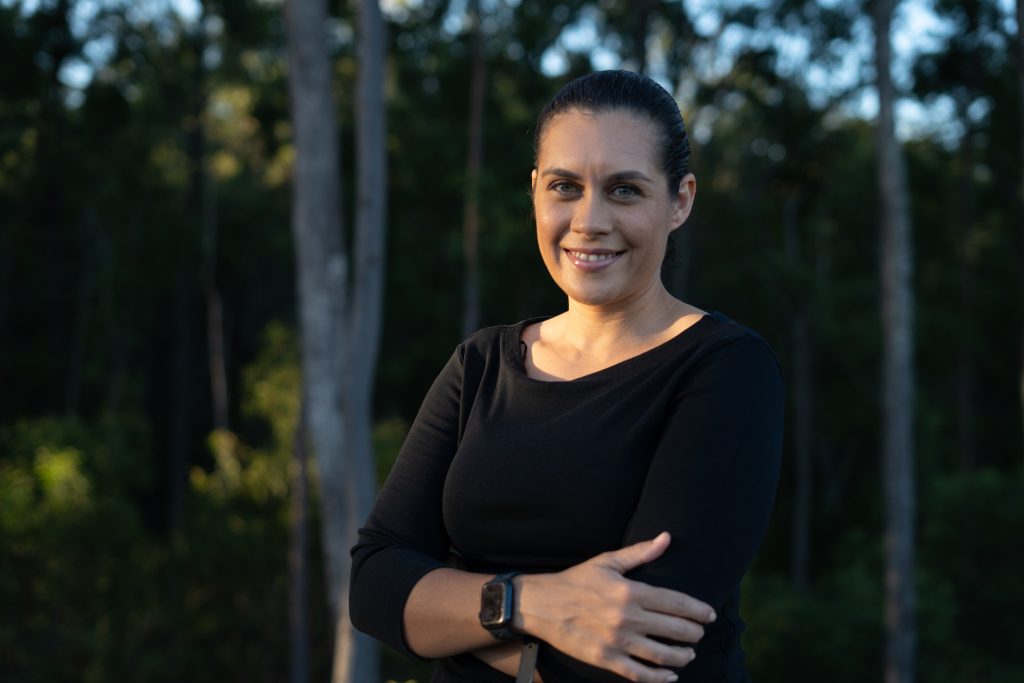
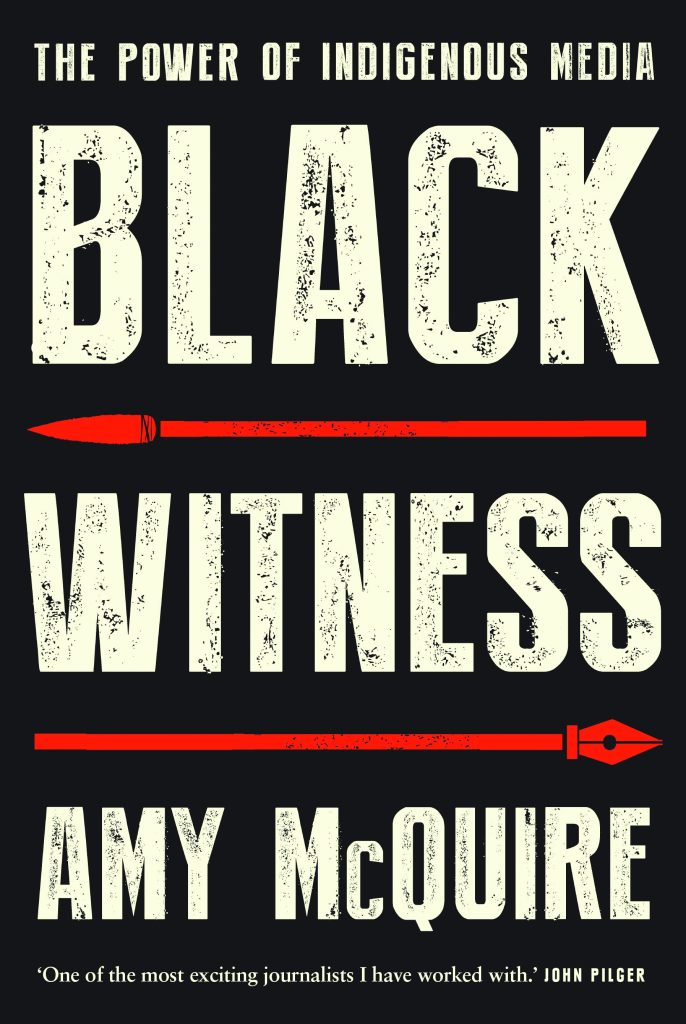
Which are your favourite writers’ festivals?
I live in regional Victoria, so I’ve got love for Bendigo Writers Festival. But I’m also excited that the Stella winner will be announced at Sydney Writers’ Festival this year—Carriageworks has such a cool energy. Melbourne is always a highlight too.
And finally—what do you love most about your day job?
Future Women is all about gender equity in the workplace. It’s not literature, but it is about stories—whose are heard, whose are dismissed. We also help women access employment without the grind of a grey Centrelink queue. It’s work that matters, and I’m proud to be part of it.
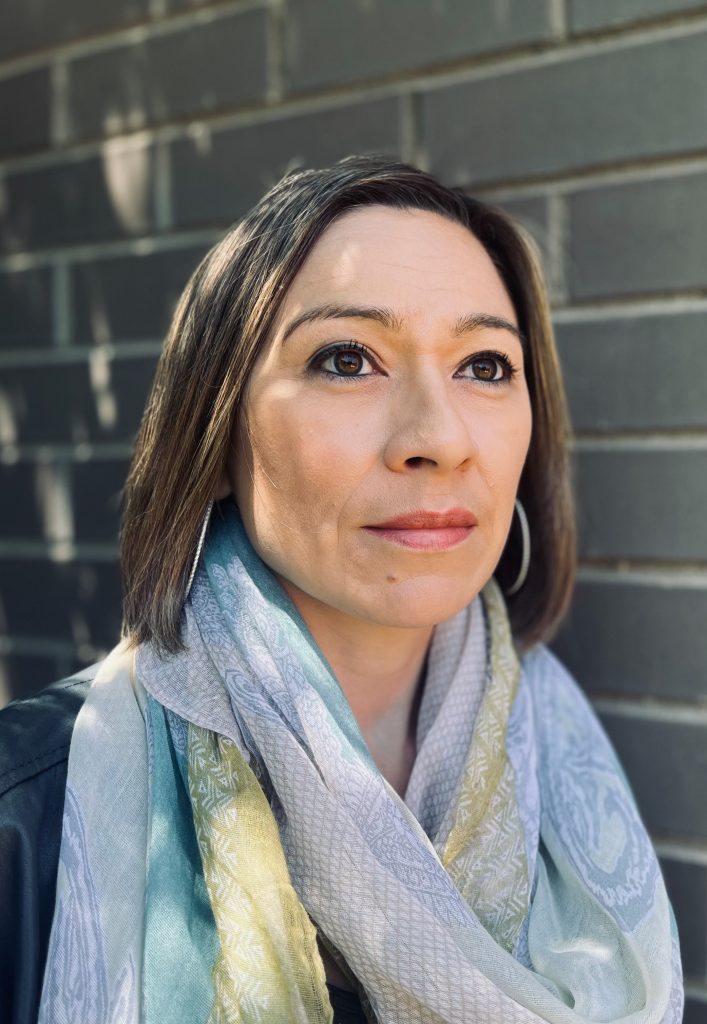
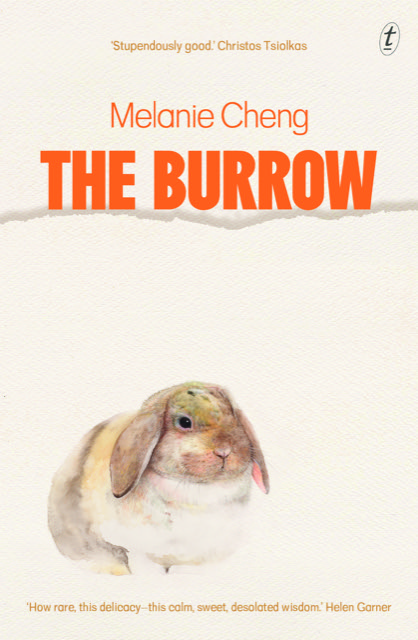
The Past Lives of the Stella Prize
From Alexis Wright to Emily Bitto, past Stella winners are now part of the fabric of Australian literature—and several are now on school curriculums, foreign rights lists and film producers’ radars. Here’s a quick look back at the winners who paved the way:
2024: Praiseworthy – Alexis Wright
2023: The Jaguar – Sarah Holland-Batt
2022: Dropbear – Evelyn Araluen
2021: The Bass Rock – Evie Wyld
2020: See What You Made Me Do – Jess Hill
2019: The Erratics – Vicki Laveau-Harvie
2018: Tracker – Alexis Wright
2017: The Museum of Modern Love – Heather Rose
2016: The Natural Way of Things – Charlotte Wood
2015: The Strays – Emily Bitto
2014: The Forgotten Rebels of Eureka – Clare Wright
2013: Mateship with Birds – Carrie Tiffany
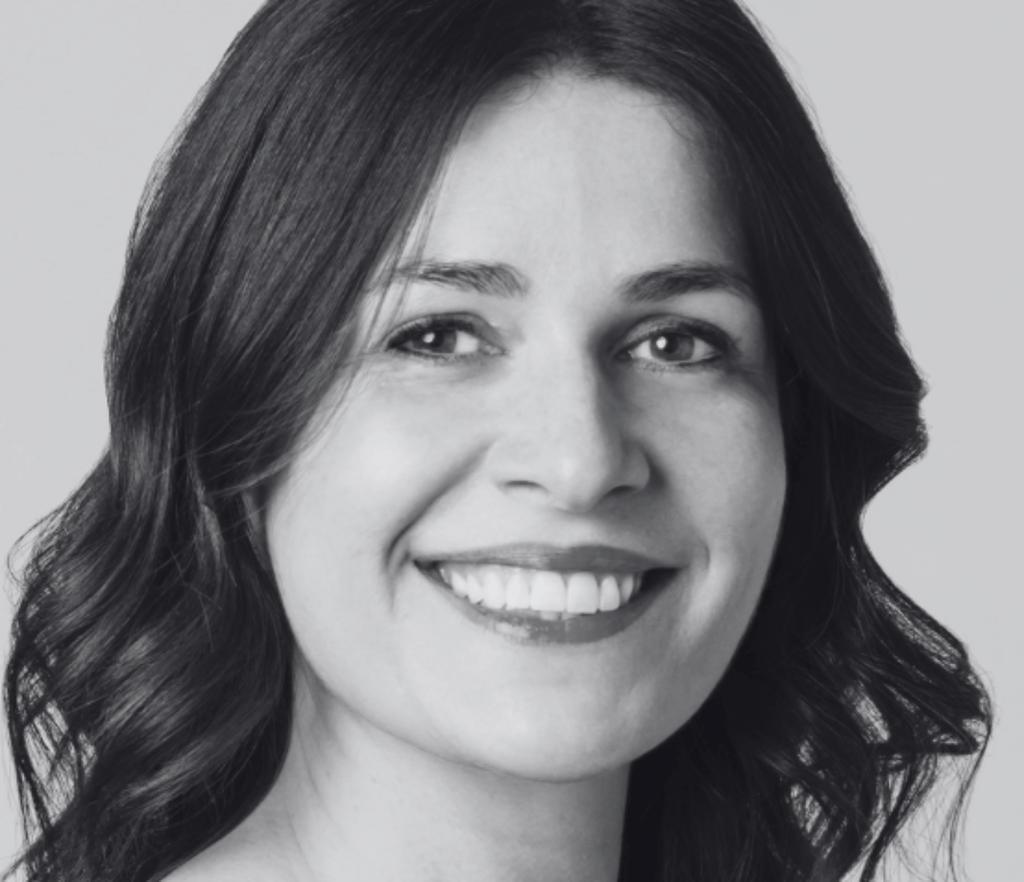
Longlist announced
4 March 2025
Shortlist announced
8 April 2025
Winner announced
23 May 2025
Black Convicts by Santilla Chingaipe (Simon & Schuster)
Santilla Chingaipe’s Black Convicts: How Slavery Shaped Australia is that rarest of works – a book that changes how the reader understands history as they read. Chingaipe reinterrogates the colonial archives and identifies close to 500 people of African descent who were transported across the empire to Australia as convicts. As far as the archive allows, she follows their experiences on this continent and demonstrates the impact they had on the colony. Chingaipe then goes further and places the transportation of convicts in the context of a much broader arc of history – European imperialism, the transatlantic slave trade, and the exploitation of labour in the pursuit of profit. She specifically demonstrates the links between the convict system and plantation slavery, including through systems of punishment, degradation and surveillance. The work has implications for the way the United Kingdom and the United States understand their own histories of racism, slavery and transportation. Black Convicts represents a substantial intervention in our understanding of the convict archive and offers a new understanding of Australia’s participation in slavery since colonisation.
Amy McQuire eviscerates the approach of mainstream journalism in Australia in Black Witness: The Power of Indigenous Media. Writing from her experience as a Darumbal and South Sea Islander journalist, McQuire argues that too often journalists and media outlets privilege the ‘White Witness’, marginalising anyone who
does not conform to that preferred stereotype, especially First Nations peoples. Black Witness takes the reader back to pivotal moments in recent Australian history, including the Palm Island uprising and the Bowraville murders, and demonstrates the bias and injustice implicit in much contemporary media coverage. The collection also honours the sheer courage and deep resilience of Black Witnesses. McQuire notes that ‘a voice in the media is undeniably powerful’. With rigorous research, she ensures that Black Witness is also a deeply powerful collection. McQuire’s debut non–fiction is a must–read for all engaged citizens, especially journalists
who want to represent the fullness of contemporary Australia.
Jumaana Abdu’s glistening debut novel, Translations, challenges every assumption a reader may hold. Set in rural New South Wales, Abdu sidesteps every stereotype expected of the Australian bush narrative and instead leans into the complexities of friendship, love, faith and family. ‘Across the years, disaster after disaster had sounded sirens through her life like a city wailing evacuation’, Abdu writes of Aliya, whom we follow as she moves with her young daughter to a rural town and attempts to build – literally – a new life on the land, as far as possible from her previous experience as a well–kept married woman. Abdu picks at the tensions between trauma and isolation, faith and community, and what it means to make a home as a migrant on stolen land. Independent, Muslim, devout and possibly queer, Aliyah is a new type of protagonist in Australian literature. Translations is a joy to read.
The root of memoir is the proto–indo–european mer–, meaning ‘to remember’. Samah Sabawi’s latest book, Cactus Pear For My Beloved, swells larger than the bounds of individual memory. With glorious sweeping scope and a light, elegant touch, Cactus Pear is family story cum national archive; a love story for the ages, a poet’s remarkable journey, a profound act of resistance. Sabawi begins with her father in contemporary Queensland (‘You want to reconstruct my life with your words?’), then leaps back in time to his father and his father before that, charting the life of Palestinians through her lineage and under successive Empires: Ottoman, British, the 1948 Nakba and life after. It is life that Sabawi so vividly portrays. A ‘fierce poetic duel’, family beach trips, cinnamon tea, school. History, particularly in this region of the world, is often told in dry, impersonal reports: here, Sabawi animates these epoch moments in stunning, intimate detail. Spare, gracious prose delivers Gaza not as a barren battlefield, but a people, proud and human and persisting. ‘How does love triumph over a wall,’ a character asks Samah’s father. Stories like this surely form part of the answer.
Theory & Practice by Michelle de Kretser (Text)
Michelle de Kretser’s Theory & Practice opens on the image of an Australian geologist hiking in the Swiss Alps, yet soon takes a swerve, interrupted by the writer herself, or a version of the writer herself, as she realises that she no longer wants to ‘write novels that read like novels. Instead of shapeliness and disguise, I wanted a form that allowed for formlessness and mess. It occurred to me that one way to find that form might be to tell the truth’. Theory & Practice is such an attempt, and true to form (or perhaps formlessness), de Kretser’s ‘mess’ is no ordinary mess but rather instead a brilliantly auto fictive knot, composed of the shifting intensities and treacheries of young love, of complex inheritances both literary and maternal, of overwhelming jealousies and dark shivers of shame. Set in 1986, in St Kilda, the narrator is a young graduate student researching Virginia Woolf, and sorting through the ‘messy gap’ between theory and practice, as the ever–compelling capital–T Theory sinks its teeth into the Melbourne set. In her refusal to write a novel that reads like a novel, de Kretser instead gifts her reader a sharp examination of the complex pleasures and costs of living.




